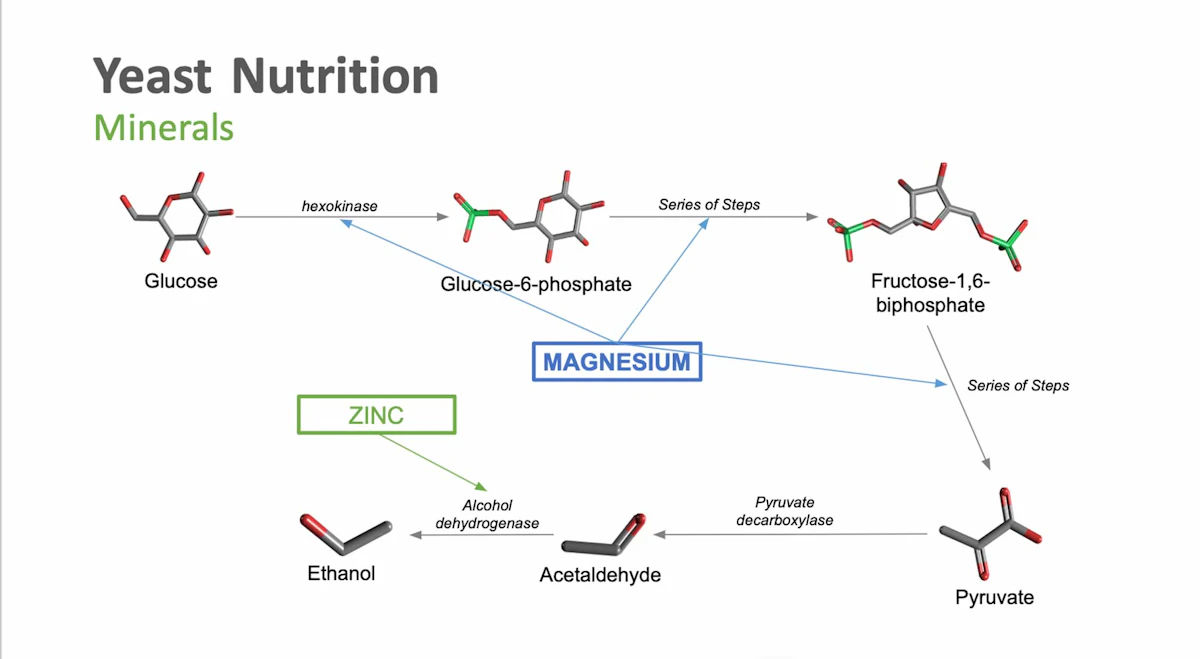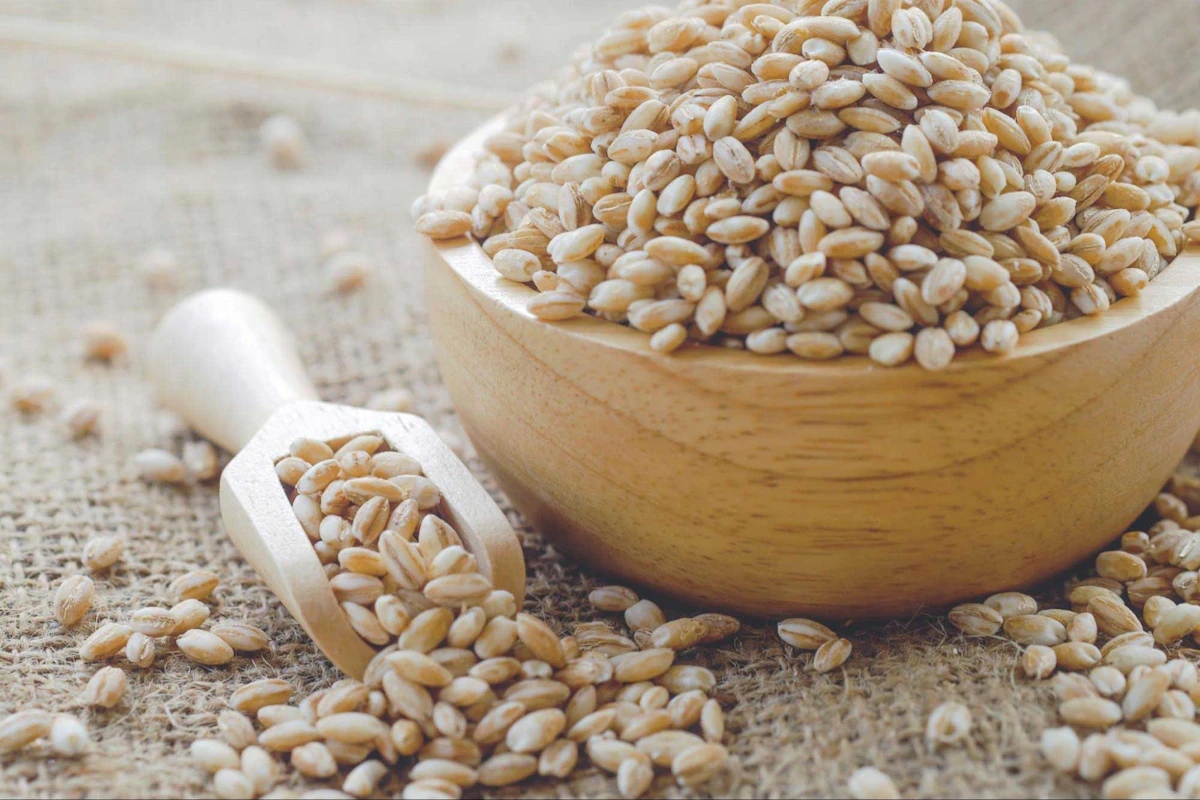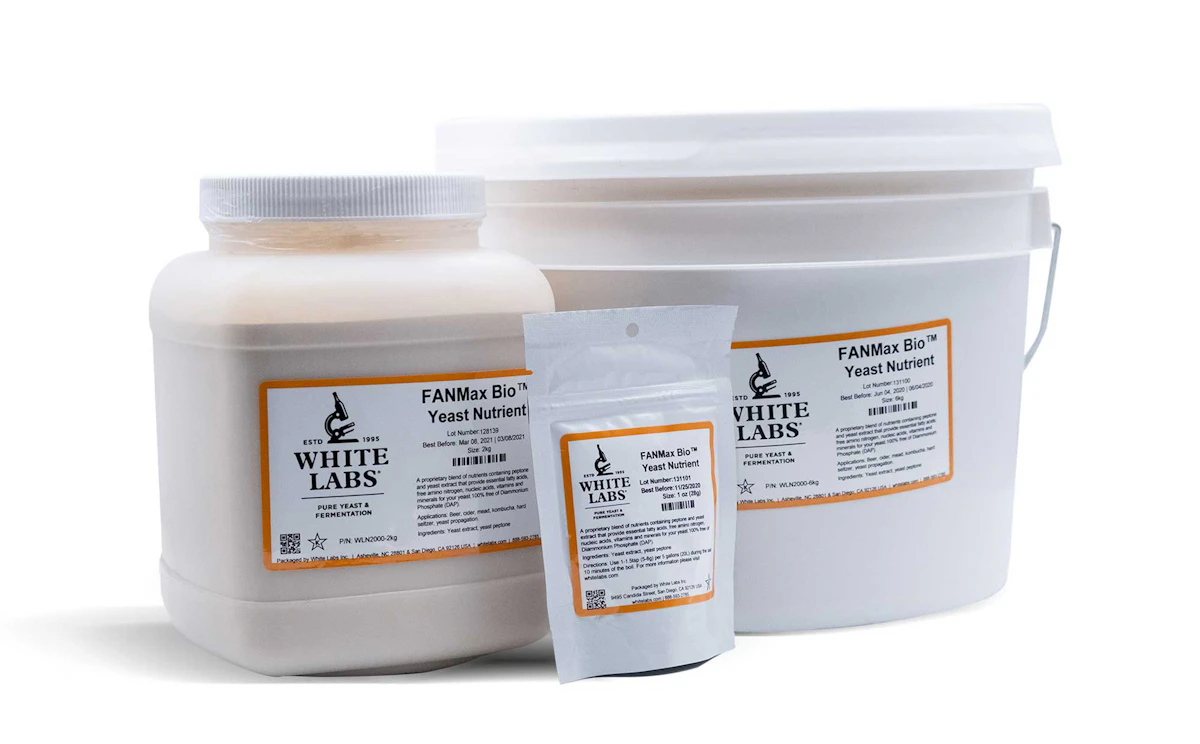In the production of spirits, the fermentation process is a critical stage where yeast convert sugars into alcohol and various by-products that contribute to the flavor and aroma of the final product. However, the efficiency and quality of this fermentation are heavily influenced by the nutrients available to the yeast. Different carbohydrate sources, such as cane sugar, molasses, and other simple sugars, often lack the essential nutrients that yeast require for optimal performance. This deficiency necessitates the addition of yeast nutrients such as nitrogen, minerals, and even oxygen to ensure a successful fermentation process.
Understanding Yeast Nutrients and Their Roles
Yeast nutrients are a combination of elements vital for yeast growth and metabolic functions. Essential nutrients improve yeast performance, yielding the desired alcohol content and flavor profile. These include:
- Nitrogen: Yeast need nitrogen to synthesize amino acids and proteins, which are essential for cell growth and function. The measurement of available nitrogen is referred to as Free Amino Nitrogen (FAN) or sometimes, Yeast Assimilable Nitrogen (YAN), with typical targets ranging from 120–180 mg/L.
- Minerals and Vitamins: Minerals such as manganese, magnesium, potassium, calcium, and zinc are crucial because they serve as cofactors for various enzymatic reactions in the yeast metabolic pathways. Vitamins, particularly thiamine, are also important for yeast health and activity.
- Oxygen: Although fermentation is an anaerobic process, a small amount of oxygen is beneficial at the start. It aids in the synthesis of sterols and unsaturated fatty acids, crucial components of the yeast cell membrane, ensuring it remains fluid and capable of nutrient uptake. Oxygen can be introduced by aerating the wash or using turbulence to promote oxygenation.
Why Supplement with Nutrients?
Malted barley is naturally sufficient in nitrogen and minerals while other carbohydrate sources such as corn, cane sugar, and certain alternative grains are deficient and require supplementation. Even malted barley itself may not have optimal levels of nutrients and would benefit from nutrient additions. Proper nutrition impacts many aspects of fermentation and final spirit, including:
- Enhanced Alcohol Yield: Proper nutrition allows yeast to ferment more efficiently, converting a greater proportion of sugars into alcohol. This is particularly important when using nutrient-poor substrates where sufficient nutrients can ensure maximum yield and prevent incomplete fermentation.
- Flavor and Aroma Development: The yeast’s metabolic state influences the by-products of fermentation, which contribute to the flavor and aroma of the final spirit. Nutrient deficiencies can lead to stress, causing yeast to produce off-flavors such as sulfur compounds. By ensuring adequate nutrient levels, you can achieve a cleaner, more desirable flavor profile.
- Prevention of Stuck Fermentations: Well-nourished yeast are more resilient and capable of completing the fermentation process, even under challenging conditions such as high alcohol content or high-gravity washes, including those using malted barley. Adequate nutrient levels reduce the risk of stuck fermentations, which can be costly and time-consuming to resolve.
- Optimal Yeast Health: A well-balanced nutrient profile supports overall yeast health, ensuring robust cell walls and efficient metabolic function. This not only improves fermentation performance but also enhances the consistency and predictability of the process.
Practical Implementation
Nutrient supplementation is relatively simple, but it is essential to start by considering the specific needs of your raw materials. For example, while malted barley typically contains all necessary nutrients, other grain and sugar sources might require additional supplementation. Consulting with your raw-material supplier or conducting nutrient analysis can help you determine the appropriate nutrient additions.
To provide yeast with the necessary nutrients, you can use simple diammonium phosphate (DAP) or any number of commercial yeast-nutrient blends. In most cases, DAP is not the preferred source of nutrients because it doesn’t provide complex nutrients other than nitrogen. Think of it as a Jolly Rancher for yeast, as opposed to a protein bar. Products such as Lallemand’s Fermaid K and Fermaid O offer a mix of amino acids and nitrogen sources, with the former containing DAP and the latter being an organic nitrogen source. Other options include yeast extracts and complete nutrient supplements such as FANMax Bio and SeltzerMax, which provide a comprehensive range of nitrogen, vitamins, and minerals essential for yeast.
The Take-Away
Yeast nutrients are indispensable in spirit fermentation. While your fermentation might seem self-sufficient, ensuring a proper nutrient balance is key to achieving efficient fermentation, optimal alcohol yield, and a desirable flavor profile. By understanding and addressing the specific nutrient needs of your fermentation, you can produce higher-quality spirits with consistency and confidence. Whether you use malted barley or nutrient-deficient sources such as cane sugar and molasses, proper nutrient management is essential for successful spirit production.



